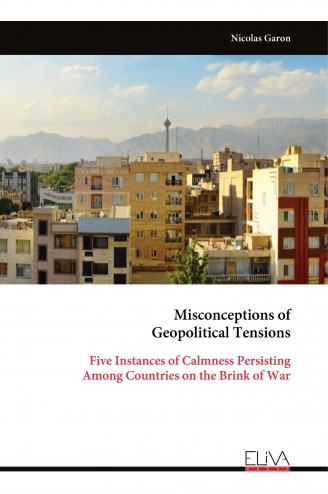
Misconceptions of Geopolitical Tensions
€ 42.5
Autor:
Nicolas Garon
Páginas:41
Publicado:
2024-10-24
ISBN:978-99993-2-125-9
Categoría:
Nowe wydanie
Descripción
Dejar revisión
Descripción
The Cold War exemplifies significant multinational political tension in recent history. A common misconception is that during periods of heightened tensions—such as the Cold War, the North Korean-South Korean conflict, U.S.-Iran relations, and the pre-invasion Russia-Ukraine situation—nations become entirely isolated. While sanctions and severed diplomatic ties often lead to significant estrangement, this was not always the case during the Cold War or similar conflicts. This piece will examine instances when countries close to conflict were less isolated than commonly assumed, sometimes for valid reasons. It will also explore examples of trade and diplomatic continuity amid conflict, as well as situations where countries may refrain from taking action despite a desire to do so, or make exceptions when interests align.
Throughout the Cold War, diplomacy, trade, and travel were actively maintained between the United States and the Soviet Union. Travel persisted during and after the Cold War, with a mutual reunification travel scheme established following its conclusion. Given the proximity of communities across former borders, similar initiatives exist in other culturally close yet conflicting countries. This cultural closeness became a significant propaganda tool for Vladimir Putin, who used it to justify the annexation of Russian-speaking territories in Ukraine through so-called referendums.
The diplomatic relationship between the U.S. and the Soviet Union was characterized by a commitment to engagement, with Washington prepared to "pick up the phone." In contrast, the chill in U.S.-Russia relations in 2024 highlights the critical need for communication and the potential for its restoration. Open dialogue proved invaluable, particularly in conflicts lacking responsive diplomacy.
